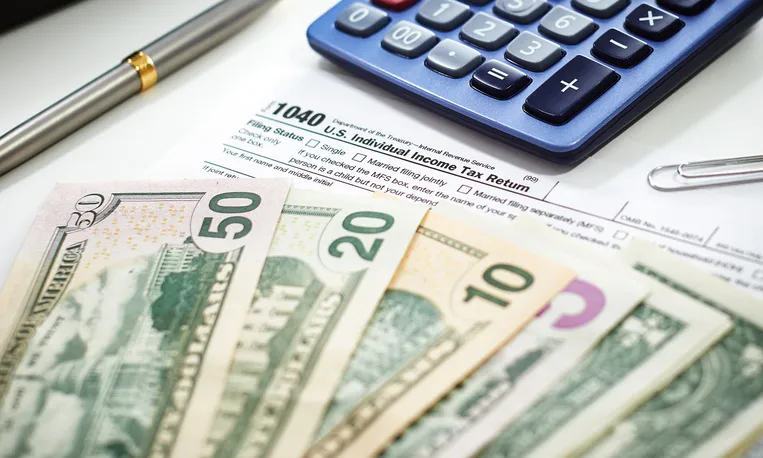As the clock ticks down to the federal tax deadline, the Internal Revenue Service (IRS) is gearing up for an extraordinary surge in tax returns. With the deadline falling on April 15, IRS Commissioner Danny Werfel anticipates an unprecedented volume of submissions. “On a day like today, April 15, we might see a million returns come in every hour,” Werfel commented while appearing on CNBC’s “Squawk Box.” This influx arrives as the IRS has already processed approximately 70% of the anticipated 146 million returns. For those scrambling at the last minute, it is crucial to understand the implications of late filing and the resources available to ease the process.
The urgency to file by the April 15 deadline is critical to avoid the steep penalties associated with late submissions. However, taxpayers in Maine and Massachusetts enjoy a slight reprieve with a deadline extension to April 17 due to local holidays. IRS penalties are notably harsh, with a 5% monthly charge on unpaid taxes for failure to file, and a 0.5% penalty for late payments, both capped at 25% of the owed amount. “Extension to file is not an extension to pay,” Sean Lovison, a certified financial planner and founder of Purpose Built Financial Services, cautions those considering an extension, which merely postpones the filing deadline to October 15.
The IRS offers installment agreements, a structured payment plan, for individuals who may struggle to pay their tax dues on time. Conversely, for the majority who are due refunds, Werfel encourages prompt filing: “Two out of every three taxpayers that are going to file by tonight’s deadline are owed a refund. So it’s in your interest to get your taxes done.” He further advocates for electronic filing and selecting direct deposit to expedite the refund process, typically within 21 days.
The IRS also continues to enhance access to free filing options. The IRS Free File program allows eligible taxpayers with an adjusted gross income of up to $79,000 to prepare their taxes at no cost. Additionally, the IRS Direct File pilot program, currently available to residents in selected states, has shown promising results, paving the way for potential future expansions.
The final rush to meet the tax deadline can be daunting, but ample resources and strategic advice are available to navigate this busy period. With potential penalties for late filers and benefits awaiting timely filers, taking action promptly is imperative. Leveraging free filing tools and adhering to expert advice can alleviate some of the stress associated with Tax Day. As Werfel and financial experts emphasize, preparing ahead and understanding your obligations can significantly affect your financial health this tax season.







